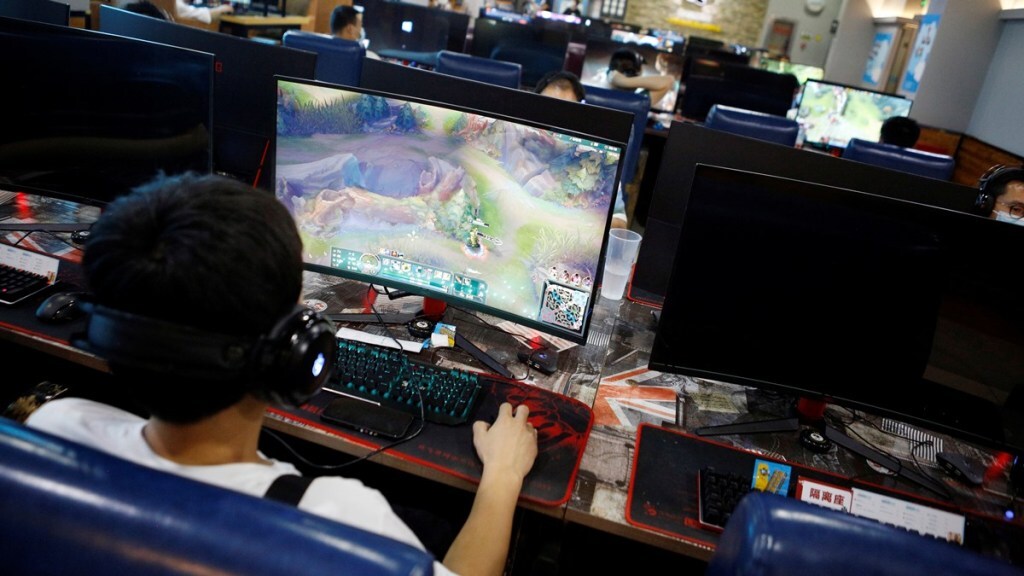By Nilaya Varma,
The online gaming industry in India has seen remarkable growth in recent years, having clocked a CAGR of 28% to a value of over Rs 16,000 crore in FY23. It is expected to cross Rs 33,000 by FY28, with a CAGR of 15%. The industry has been a major contributor to job creation, technological innovation, and foreign investments, having attracted close to Rs 23,000 crore in funding over the last five years.
Despite the huge potential the industry offers, some concerns around the prospect of illegal offshore betting operators masquerading as legitimate online games and the potential for money laundering in the sector have come to the fore. Further, while there is no real evidence or data to corroborate concerns around addiction, there is a perception and apprehension around it.
However, the gaming industry possesses a unique advantage as it can actively harness technology to combat concerns around excessive gameplay as well as mitigate concerns about money laundering. The desired outcome can be achieved more effectively and quicker if the trinity of industry, government, and society at large work in collaboration towards building a thriving and responsible gaming industry.
The gaming industry plays a fundamental role in ensuring a safe gaming environment for all. Many companies have taken a proactive approach towards promoting and implementing responsible gaming practices by adopting the Voluntary Code of Ethics for Online Gaming Intermediaries. Further, account verification should be carried out by employing stringent KYC protocols to verify age and identity. Geolocation can be used to confirm whether a user is where they claim to be.
Apart from this, continuous monitoring of various aspects of gameplay should be carried out even post-verification to flag suspicious accounts. Companies can build tools to identify at-risk players and should provide them with counselling support. Options to limit the amount of money and time players can spend on, should also be made available to users. Innovative approaches such as detox periods and stopping marketing messages to vulnerable players can also be adopted.
Providing resources for a better understanding for users, their parents/caregivers (if the player is a young adult), lawmakers, policymakers, and the healthcare and mental health community should be a priority. Information on self-help tools, telephone hotlines, and mental health advisory services should be prominently posted and readily available on gaming platforms. Moreover, building a central repository of legitimate online gaming websites/apps can help consumers recognise safe and trusted online gaming sites. Collaborating with third-party service providers that specialise in fraud protection, anti-money laundering and counter-terrorist financing also becomes crucial.
Designing a regulatory framework that acknowledges the economic potential of the online gaming sector while keeping consumers at its centre is the fine balance the government must strive to achieve. Some aspects to keep in mind while framing such a policy could include having a rational tax policy that does not render a sunrise industry financially unviable due to an unreasonable tax burden. The government should adopt a progressive approach to regulation and taxation.
Other aspects to keep in mind can include making regular monitoring mandatory, especially concerning vulnerable groups. Such at-risk groups must be identified and provided centralised assistance or counselling options. Moreover, the Centre can work with state IT departments for capacity-building-cum-awareness sessions for government officials on the various nuances—potential and scope, challenges, and lacunas, etc. of online gaming.
Further, continuous research on the impact of excessive gameplay on health and behaviour should be carried out to incorporate any further preventative measures needed. CSCs can act as important touchpoints across different cities and towns for generating awareness around the broader topic of using digital tools responsibly, of which online gaming should also be a part.
Apart from efforts from the industry and government, responsible online gaming involves maintaining a healthy balance between enjoyment and mindful behaviour. With the right usage, online gaming can help hone vital skills such as critical thinking, strategic planning, collaboration, and adaptability. Through workshops and masterclasses organised by schools and colleges, parents and young adults can be apprised of its various advantages, potential pitfalls, and ways to ensure one’s safety online.
Further, students and young players should be apprised of the possible health and socioeconomic ill effects of overindulging in online gaming and should be encouraged to reach out and seek professional help if they feel overwhelmed or lost at any point of time in the online space. Teachers and parents can play a vital role in promoting a holistic approach to life, emphasising the importance of physical activity, social interactions, and diverse interests.
Given the significant potential of the sunrise sector to contribute to the economy, the onus of helping promote responsible gaming becomes a shared responsibility of all stakeholders including the industry, government, and society. To ensure sustainable growth of the industry, a wider stakeholder commitment is the need of the hour to ensure a safe and enjoyable experience for consumers and to sustain the benefits the gaming industry provides to the economy.
(The author is CEO and co-founder, Primus Partners)

